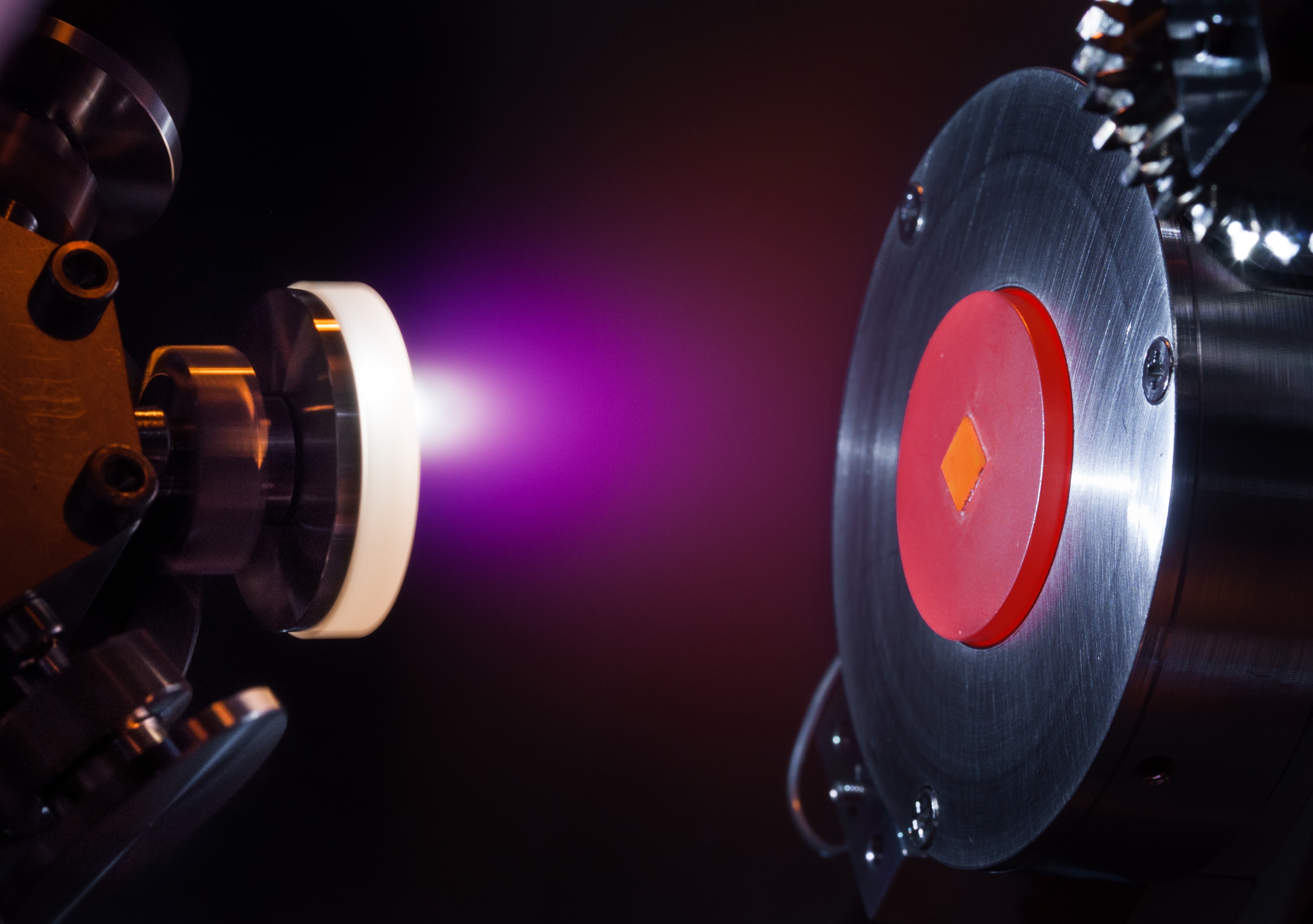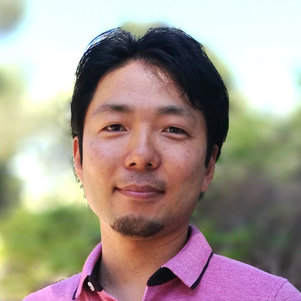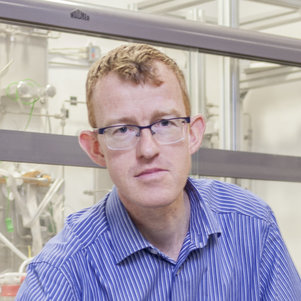DIFFER develops research facility for energy transition
A Dutch consortium, led by national energy research institute DIFFER, will receive 4.7 million euros from NWO to build a facility that makes controlled layers of material. Through this facility, Delft researchers and partnering institutes can explore materials for new catalysts and batteries. In doing so, they will accelerate the energy transition, helping to move society forward. The facility, globally unique, can produce small and large thin films which is key to scaling up to industrial use. The facility also incorporates many built in diagnostic tools to analyse the films on-the-spot.
To conquer the energy problem, researchers are searching for new materials, for example, for solar panels, catalysts that help produce hydrogen and batteries that store energy. Often, such materials consist of stacked layers of thin films which in combination have unique and useful properties.
Until now, there existed a gap between small scale materials research at research institutes and industrial production of thin films at companies. This is partly because research institutes often make thin film samples of a few millimetres or at most a few centimetres in diameter. These are difficult to test which prevents companies from further developing the material and making it market-ready.
Pulsed Laser Deposition lab
The new facility, the Pulsed Laser Deposition lab, allows research institutes and companies to make thin film samples up to ten centimetres in diameter. In addition, the device can stack layers. Moreover, researchers can already perform many measurements in the device itself. This provides faster and more accurate results. The facility will be available to researchers at universities and institutes and to companies wanting to test commercial applications.
"There is no equivalent facility in the world," says Anja Bieberle of the Dutch Institute for Fundamental Energy Research, DIFFER. Bieberle leads the consortium that will set up the facility at the premises of DIFFER in Eindhoven. "The facility lends itself to fundamental research and to the next, essential step, the actual implementation."
DIFFER and Delft University of Technology
Designing materials with atomic precision is vital to discover novel functionalities, for example new catalysts for CO2 conversion to useful chemicals or hydrogen production. According to professor Atsushi Urakawa, the new lab facility at DIFFER will allow tuning the composition and structure of thin films. These materials can serve as precise model systems for chemical conversions and for spectroscopic and microscopic studies to gain fundamental understanding on the functionalities of catalysts or batteries. The lab also allows Urakawa and colleagues to create nano-scale layered materials that can be fine-tuned to maximise the catalytic activity and selectivity to desired chemical products. This capability to place layers with precision will open up new possibilities for both fundamental and applied research.

Stainless steel spheres under vacuum
The core of the facility is a device made of three stainless steel spheres connected under vacuum via pipes and tubes. The entire unit is about four metres long. Behind the spheres are eight different types of analytical equipment. There is also a loading chamber to insert new materials as cleanly as possible, without disturbing the vacuum.
Consortium
The consortium operates under the name PLD4Energy. DIFFER is the main-applicant. Co-applicant University of Twente, together with DIFFER, designs the facility. Co-applicant Eindhoven University of Technology provides specific analytical equipment. Partners are Delft University of Technology, Leiden University, University of Groningen, Utrecht University and TNO.
Budget
The budget for the new facility comes from NWO's grant programme Research Infrastructure: national consortia. NWO will pay 4.7 million euros. The consortium will add 1.6 million euros to that. At the same time six other consortia will receive funding.
About DIFFER
DIFFER, the Dutch Institute for Fundamental Energy Research, conducts leading fundamental research in the fields of fusion energy and solar fuels. The institute works in close partnership with academia and industry. DIFFER (www.differ.nl) is based in Eindhoven and is part of the institutes organisation of NWO.
Source: DIFFER

Atsushi Urakawa
- +31 15 278 9402
- A.Urakawa@tudelft.nl
-
Department of Chemical Engineering
Catalysis Engineering
Building 58, E2.100
Van der Maasweg 9
2629 HZ Delft, The Netherlands
